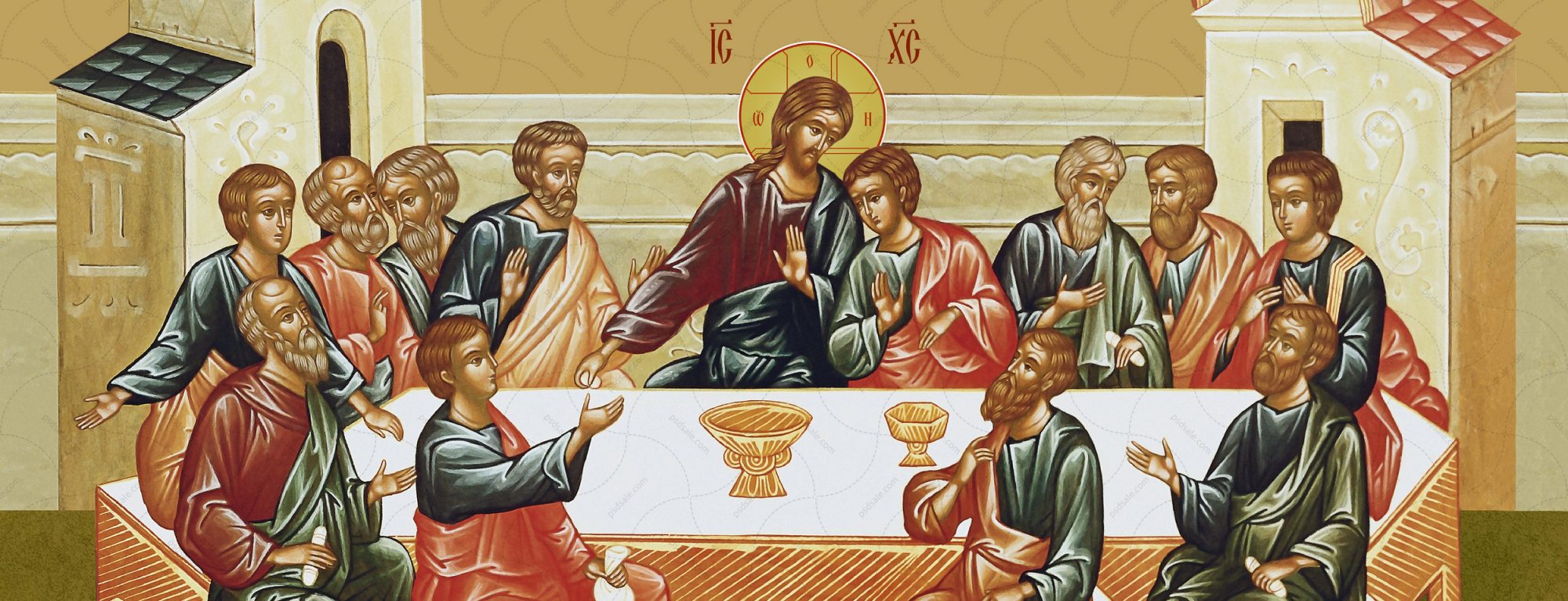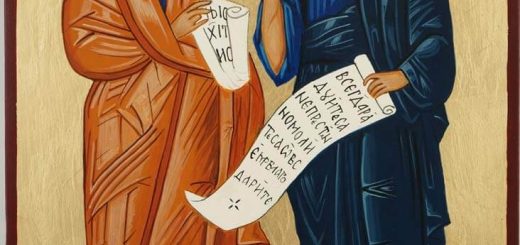Slávnosť všetkých svätých už klope na dvere
Slávnosť všetkých svätých už klope na dvere, a tak si pripomeňme, čo Katolícka cirkev chápe pod pojmami „svätec i svätý“, „svätorečenie“ a „vzývanie a uctievanie svätých“:
Svätec i svätý je v širšom zmysle každý, koho vedie láska a žije i umiera v Božej milosti; osoba, ktorá žije čnostným životom. V užšom zmysle slova je svätec i svätý ten, koho Cirkev vyhlásila za svätého a povýšila k úcte oltára pre jeho vynikajúci život kresťanskej viery. Cirkev ho predkladá za vzor a orodovníka v nebi. Oba významy sa rovnako vzťahujú i na osoby ženského pohlavia: svätice.
Svätorečenie je slávnostné vyhlásenie pápežským dekrétom, že určitý Boží sluha alebo určitá Božia služobnica dosiahli stupeň svätosti a tak sa môžu verejne uctievať. Svätorečeniu predchádza dlhý a veľmi prísny objektívny proces, ktorý sa začína v diecéze dotyčného kandidáta a uzatvára sa v Ríme na Kongregácii pre kauzy svätých. Konečné rozhodnutie urobí pápež. Keď Cirkev svätorečí (kanonizuje) niektorých veriacich, vtedy vyhlasuje, že títo veriaci hrdinsky praktizovali čnostný život, boli verní Božej milosti, a dáva ich za vzor a orodovníkov (pozri Katechizmus Katolíckej cirkvi 828). Po slávnostnej bohoslužbe svätorečenia dotyčného svätca alebo sväticu zapíšu do zoznamu, čiže do kánonu svätých a blahoslavených.
Zdroj: Štefan Vragaš a kol.: Teologický a náboženský slovník, II. diel L-Ž, SSV Trnava 2008.
Vzývanie a uctievanie svätých
Tridentský koncil, 25. zasadnutie (v roku 1563), s definitívnou platnosťou učí:
Svätý koncil poveruje všetkých biskupov a ostatných, ktorým bola zverená úloha a starostlivosť o vyučovanie, aby veriacich starostlivo poúčali podľa obyčaje katolíckej a apoštolskej Cirkvi, obyčaje, ktorá siaha až do prvotných čias kresťanského náboženstva, podľa konsenzu svätých otcov a dekrétov posvätných koncilov, najmä o príhovore svätých, o ich vzývaní…
Nech ich učia, že svätí vládnu spolu s Kristom, že prednášajú svoje modlitby Bohu za ľudí. Je dobré a užitočné vzývať ich a utiekať sa k ich modlitbám, k ich podpore a pomoci, aby nám vyprosili dobrodenia od Boha skrze jeho Syna Ježiša Krista, nášho Pána, ktorý je naším jediným Vykupiteľom a Spasiteľom.
Bezbožne však zmýšľajú tí, čo popierajú, že treba vzývať svätých, požívajúcich večnú blaženosť neba; alebo ktorí tvrdia, že sa buď neprihovárajú za ľudí, ale že vzývať ich, aby za nás aj ako jednotlivcov orodovali, je modloslužba, alebo že je to v protirečení s Božím slovom a že je to v protiklade so cťou „jediného prostredníka medzi Bohom a ľuďmi“ (1 Tim 2, 5), alebo že je to hlúposť prosiť srdcom alebo ústami tých, čo vládnu v nebi.
Zdroj: Josef Neuner, Heinrich Ross, Viera Cirkvi v úradných dokumentoch je Magistéria, Dobrá kniha Trnava 1995.
Pôvodne publikované na internetovej stránke Rádia LUMEN o. Ján Krupa
Východná tradícia pozná tri dvojice bratov Kozmu a Damiána (1. november)Druhý nicejský koncil v roku 787


